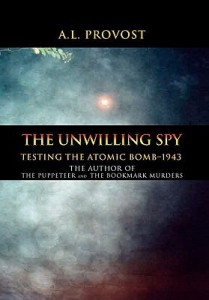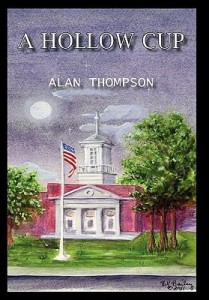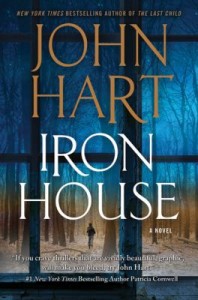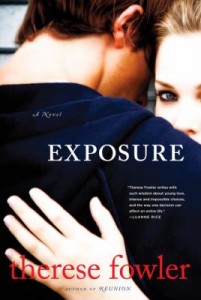 It is 1943, and the atomic arms race is on. In Los Alamos, New Mexico, physicists labor night and day to develop the first atomic bomb … and nearby German spies observe them. In this fictional account of espionage and murder, German, American, and British agents are embroiled in a battle of wits to uncover scientific secrets first, before the enemy has a chance to gain the advantage.
It is 1943, and the atomic arms race is on. In Los Alamos, New Mexico, physicists labor night and day to develop the first atomic bomb … and nearby German spies observe them. In this fictional account of espionage and murder, German, American, and British agents are embroiled in a battle of wits to uncover scientific secrets first, before the enemy has a chance to gain the advantage.
The tale begins in Santa Fe with Gunter Fleiss, cleverly disguised as all-American Bill Wilson. When he and his attractive co-conspirator, Marla Hawkins, discover the location of a bomb test-site near Camp Lejeune, North Carolina, they get word to the Fuhrer as quickly as possible. The Nazi network in America works overtime to set up an attractive, female German spy who will meet a German expert in Camp Lejeune to ferret out the secrets of the bomb. But these observers are not themselves unobserved. The FBI gets wind of their plan, and dispatches their own attractive, female German-American counter-agent to North Carolina.
The Fuhrer decides to send trusted SS Colonel Max Reiner on this dangerous North Carolinian mission, but there is one problem: Colonel Reiner doesn’t know the first thing about atomic physics, and the powers of the beautiful German spy lie in chemistry of another kind. The Fuhrer is forced to send along an expert in atomic physics. When physicist Hans Richter is chosen, he has no desire to go. His father was murdered by an SS officer, and Richter abhors the Nazi Party. Ever since that tragedy, Hans has been biding his time for revenge, and what better revenge than using this opportunity to sabotage the Fuhrer’s plans?
Check this title’s availability in the UNC-Chapel Hill Library catalog.





